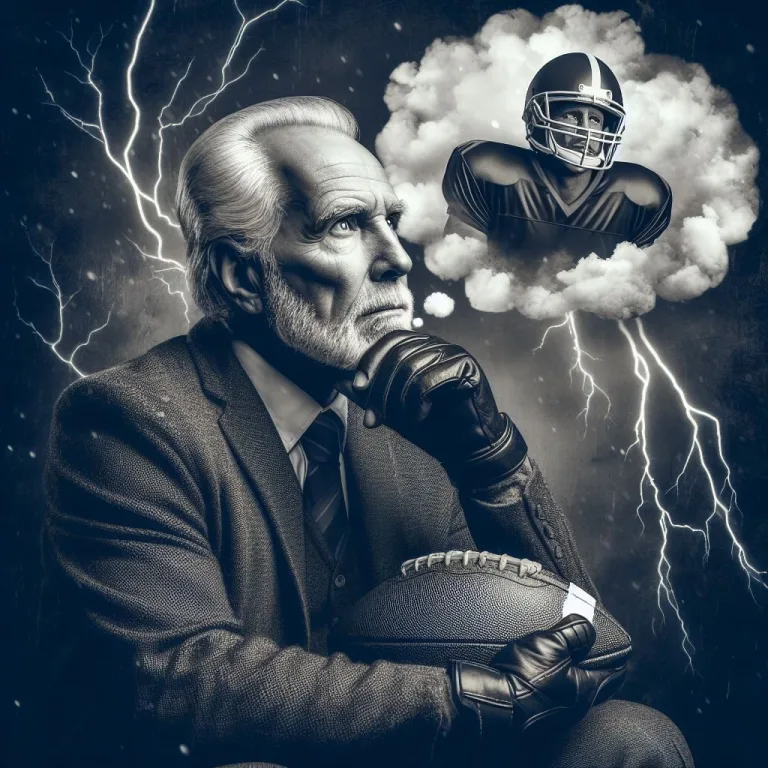Coaching is an art, a science, and a deeply impactful profession. Whether you’re guiding young athletes on the soccer field or mentoring seasoned professionals in the corporate world, the role of a coach is multifaceted. But what distinguishes a great coach from a good one? Let’s explore the key differences and how they evolve as we move from junior sports to the professional arena.
The Good Coach vs. The Great Coach
1. Mindset and Vision
Good Coach: Focuses on short-term wins and immediate results.
Great Coach: Has a long-term vision, emphasizing growth, development, and sustainable success.
2. Communication Skills
Good Coach: Communicates effectively but may lack adaptability.
Great Coach: Tailors communication to individual needs, actively listens, and fosters trust.
3. Adaptability
Good Coach: Sticks to a rigid playbook.
Great Coach: Adapts strategies based on the team’s strengths, opponents, and changing circumstances.
4. Emotional Intelligence
Good Coach: Understands emotions but may struggle with managing them.
Great Coach: Empathizes, motivates, and maintains composure under pressure.
5. Player Development
Good Coach: Focuses on skill acquisition.
Great Coach: Nurtures character, resilience, and leadership alongside technical abilities.
Transitioning To The Professional Level
As coaches ascend to professional sports, the stakes rise, and expectations soar. Here’s how the game changes:
Intensity: Great coaches thrive under pressure, maintaining their poise during critical moments.
Complexity: Professional athletes demand sophisticated strategies and personalized attention.
Balancing Act: Managing egos, contracts, and media scrutiny becomes part of the job.
How Great Coaches Elevate Their Game To Unleash The Power
————————
Introduction
Coaching transcends gender boundaries, yet the question persists: Do male and female coaches bring different approaches to the game? As we delve into the nuances, we’ll explore whether coaches should specialize based on gender and how the balance between guidance and over-coaching impacts player development.
Male vs. Female Coaches & Breaking Stereotypes
1. Coaching Styles
Male Coaches: Often associated with assertiveness, tactical focus, and direct communication.
Female Coaches: Emphasize empathy, relationship-building, and holistic development.
2. Emotional Intelligence
Male Coaches: May prioritize performance over emotional well-being.
Female Coaches: Tend to nurture both skill growth and mental resilience.
3. Adaptability
Male Coaches: May lean toward rigid systems and strategies.
Female Coaches: Adapt more readily to individual player needs.
Should Coaches Specialize By Gender?
1. Male Coaches for Male Athletes?
Pros: Familiarity with male dynamics, relatability, and role modeling.
Cons: Risk of reinforcing stereotypes, overlooking female talent.
2. Female Coaches for Female Athletes?
Pros: Empathy, understanding, and positive role models.
Cons: Potential pigeonholing, missed opportunities for cross-gender mentorship.
Balancing Act: Under-Coaching Vs. Over-Coaching
1. Under-Coaching
Pros: Encourages player autonomy, creativity, and self-discovery.
Cons: Lack of guidance, missed skill development.
2. Over-Coaching
Pros: Clear instructions, structure, and correction.
Cons: Stifles player decision-making, joy, and spontaneity.
Join the Discussion
What qualities do you think define a great coach? Share your thoughts with
us in the comments below with these 15 Relevant Hashtags.
#CoachingExcellence #SportsMentorship #LeadershipDevelopment #GameChanger #AthleteMindset #WinningStrategies #CoachLife #TeamBuilding #ProSports #JuniorAthletes #GameDayPrep #CoachingJourney #ChampionMindset #AthleticDevelopment #CoachWisdom
Remember, whether you’re coaching juniors or pros, the heart of coaching lies in inspiring growth, fostering resilience, and leaving a lasting impact for the better.






Thanks for sharing excellent informations. Your web site is so cool. I am impressed by the details that you have on this site. It reveals how nicely you perceive this subject. Bookmarked this website page, will come back for more articles. You, my pal, ROCK! I found simply the info I already searched everywhere and just couldn’t come across. What a perfect web site.